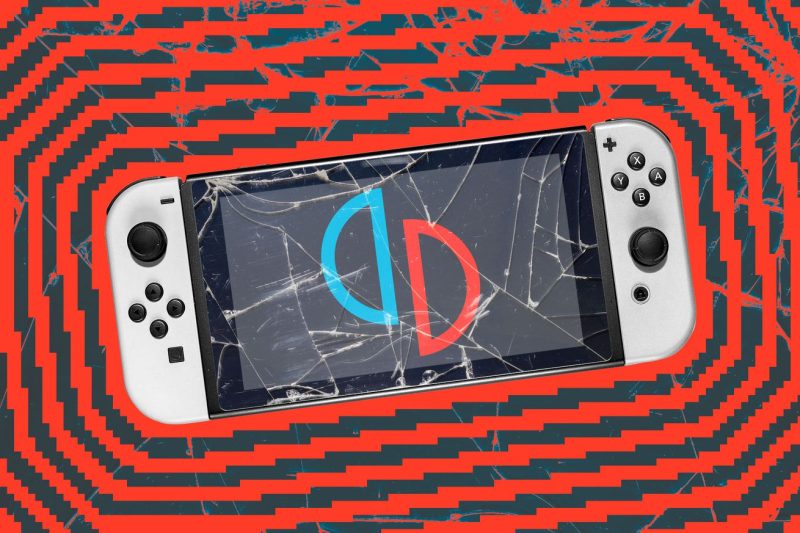In recent news, GitLab, a popular web-based Git repository manager, has confirmed the removal of Suyu, a fork of the Nintendo Switch emulator Yuzu, from their platform. This move has sparked discussions within the gaming and emulation communities about the implications of such actions on the future of emulator development and open-source software.
The removal of Suyu comes amidst growing concerns about the legality and ethical implications of emulating proprietary systems such as the Nintendo Switch. While emulators themselves are not illegal, as they are simply software that mimics the functionality of a different system, the use of copyrighted game files or system software on emulators can raise legal issues.
GitLab’s decision to remove the Suyu fork aligns with their policies regarding copyright infringement and code that violates intellectual property rights. As a platform that hosts a wide range of open-source projects, GitLab must uphold certain standards to avoid legal repercussions and maintain trust within the developer community.
The removal of Suyu has sparked a debate on the balance between preserving the principles of open-source software and respecting the intellectual property of companies like Nintendo. Some argue that emulator developers should focus on creating tools for legitimate purposes, such as homebrew development and accessibility for players with disabilities, rather than facilitating piracy.
On the other hand, some members of the emulation community view the removal of Suyu as a setback for emulator development and innovation. Emulators like Yuzu have garnered praise for their technical achievements and ability to bring Nintendo Switch games to a wider audience. The existence of forks like Suyu, while contentious, has contributed to the progress and evolution of emulator technology.
Moving forward, it is essential for emulator developers and the wider open-source community to navigate the complexities of intellectual property laws and ethical considerations. While the removal of projects like Suyu may serve as a wake-up call for some developers, it also highlights the need for greater collaboration and dialogue between emulator creators, gaming companies, and platforms like GitLab.
In conclusion, the removal of Suyu from GitLab underscores the challenges and dilemmas faced by emulator developers in balancing innovation, legality, and ethical considerations. As the landscape of emulation continues to evolve, stakeholders must strive to find common ground that respects the rights of copyright holders while fostering creativity and the advancement of technology in a responsible manner.

